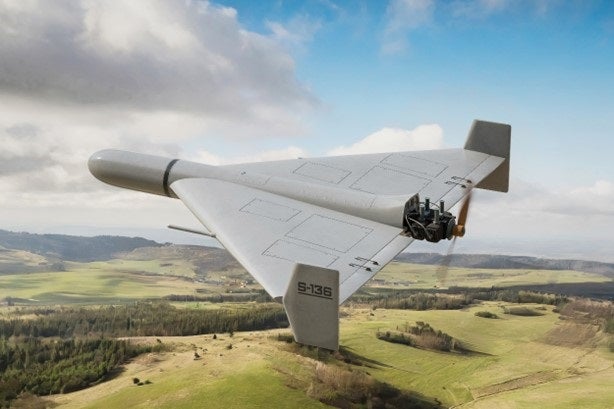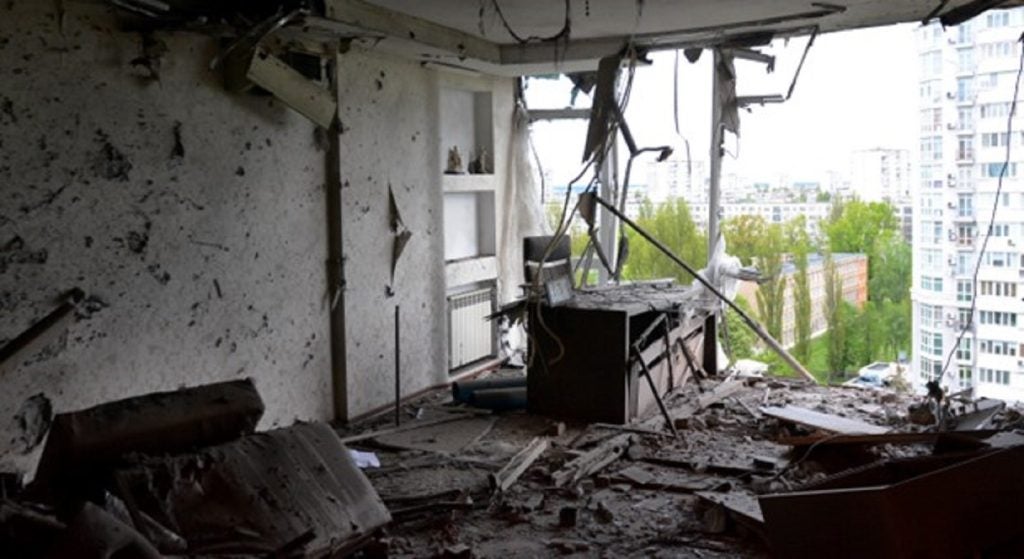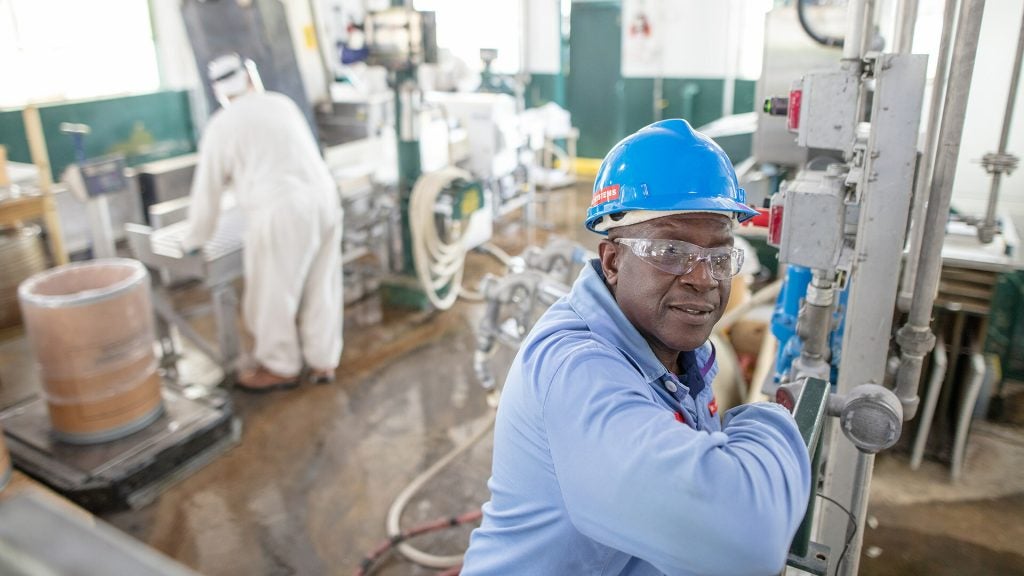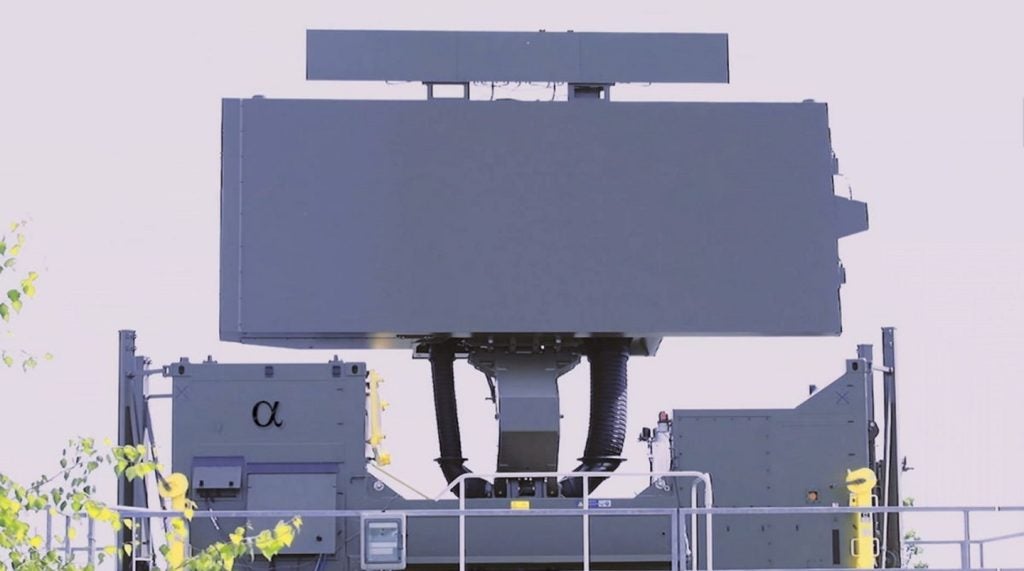In a daily update on Russia’s invasion of Ukraine on 13 December 2023, the UK Ministry of Defence (UK MoD) referred to intelligence from the Ukrainian Air Force reporting that Russian forces launched at least 15 Shahed-131/136 one-way-attack uncrewed aerial vehicles (OWA-UAVs) and two Kh-59 missiles, from the Balaklava district of Crimea on 12 December.
“Balaklava is now the fifth confirmed OWA-UAV launch site being used in Russian operations against Ukraine alongside the sites at Cape Chauda, Yeysk, Primorsko and Kursk,” the UK MoD affirmed.
Ukrainian air defences are said to have destroyed nine UAVs and both missiles.
Ukrainian military officials said that the missiles targeted Zaporizhia Oblast and Kryvyi Rih, Dnipropetrovsk Oblast, while Ukraine’s Southern Operational Command reported that a Russian UAV strike damaged an administrative building in Odesa City.
"Russia is likely dispersing its OWA-UAV launch capabilities across several locations as both a force protection measure and to complicate Ukrainian air defence efforts," UK defence intelligence surmised. "Russia will likely use additional launch sites in response to Ukrainian attacks, forcing Ukraine to adapt to new transit corridors of these systems."
Balaklava launch site shows Russia changing strategy
It has become clear that Russia is now targetting Ukrainian infrastructure as a way of eroding national morale as both sides enter a period of winter attrition. The new launch site in Balaklava demonstrates Russia's strategy of long-range strikes and playing for time.
This method adds to the dissatisfaction that comes with a stagnant Ukrainian counter-offensive. While the UK MoD praised Ukraine’s small gains on 11 December, wherein it denied the enemy full control of the village of Stepove, the US Department of Defense recently described the front as moving “back and forth.”
Russia’s adoption of a long-range strike strategy may account for its loss of personnel since the invasion began in February 2022. The Institute for the Study of War (ISW) noted that US intelligence assessed that the war in Ukraine has devastated the pre-war Russian military, although Russia has partially offset these losses and continues to prepare for a long war in Ukraine.
Iranian-made OWA-UAVs
Russia’s Shahed-136s are precision-attack loitering munition systems developed by Iran Aircraft Manufacturing Industrial Company (HESA), which is a subsidiary of Iran Aviation Industries Organization (IAIO), a state-owned aerospace company controlled by Iran’s Ministry of Defense and Armed Forces Logistics.
The suicide drone has been in service with the Iranian military since 2021. Russia also imported Shahed-136 unmanned aerial vehicles (UAVs) to use in the war against Ukraine. The drones have been rebranded as Geran-2 or Geranium-2 by Russia.
The drone measures 3.5 metres (m) long and 2.5m wide and weighs 200 kilogrammes (kg). It is designed with a delta-wing shape, with stabilising rudders at the tips. The fuselage of the aircraft is centralised and blended into the wings. It can carry up to 40kg of warheads at its nose section and can be mounted and launched from a military or commercial truck.
In August 2023, the ISW also revealed that Iran intends to establish Shahed production sites in Russia and Belarus to make the system more readily available to invading Russian forces against Ukraine.













